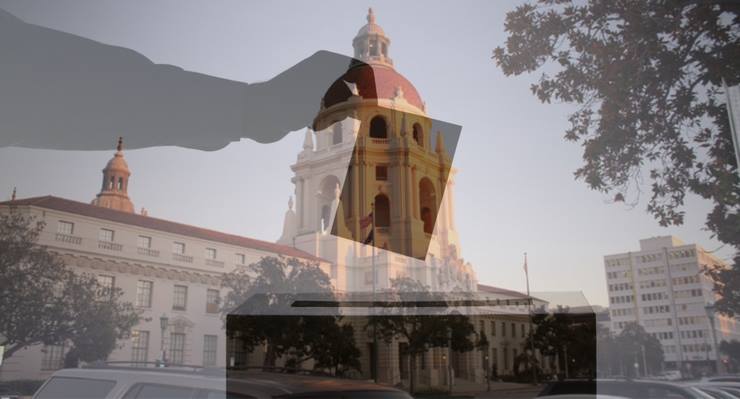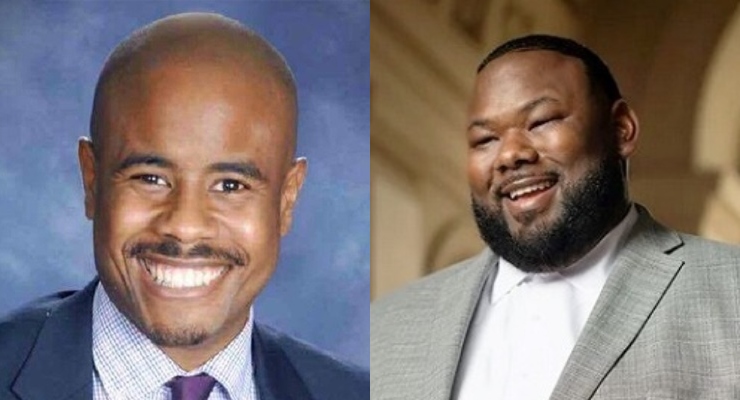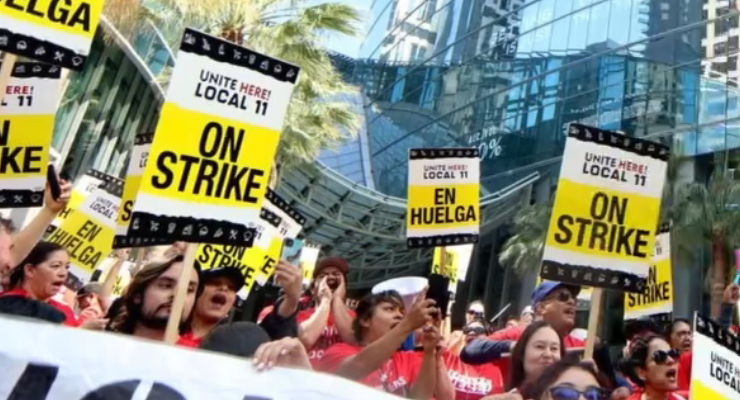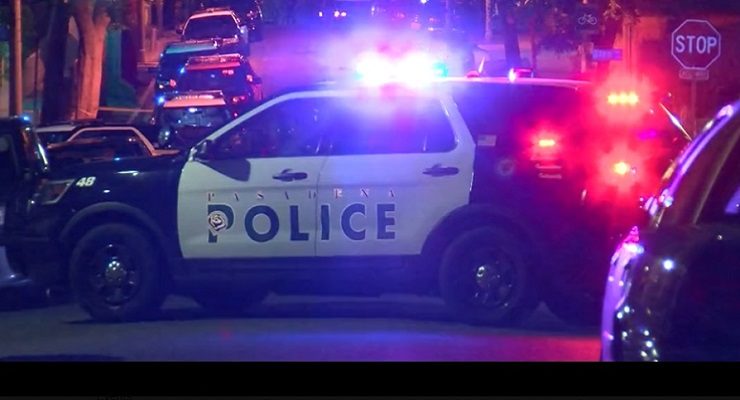
The City Council on Monday advanced the ball toward finalizing the process for appointing members to Pasadena’s newly formed Police Oversight Commission. But there remains work to be done, and specifics yet to be ironed out.
By a unanimous vote, the council directed City Attorney Michele Bagneris to prepare a resolution formalizing the appointment process for the 11-member police oversight panel that was approved, along with a separate, independent auditor, by the council on Oct. 5.
While the Oct. 5 ordinance established the skeleton for the commission and its eventual operations, the meat was left for future meetings – and some of that was added Monday, as Bagneris was given direction in a number of areas after councilmembers debated various fine points for more than an hour.
The main elements decided Monday — as well as those yet to be clarified — included:
- That while each of the seven councilmembers, as well as the mayor, will nominate a commission member subject to approval from the full council (per the Oct. 5 ordinance), each nominee will now be required to present themselves for final vetting before the council at a public meeting.
That’s so that “everyone in the public can see who is applying and see their credentials,’’ said Councilmember Margaret McAustin, who pushed for that element of the process to be formalized.
“One of my big concerns around this is transparency,’’ McAustin said.
Added Councilmember Andy Wilson: “I think the idea requiring individual nominees to show up in person while they’re getting appointed would be a minimum requirement.’’
- That the commission’s three at-large commission members – selected from community-based groups — will be selected from a pool of six nominees, to be chosen by the council’s Public Safety Committee. In the coming weeks, the committee is expected to begin accepting suggestions from all manner of community groups regarding those at-large selections, eventually sending six names to the full council, which will then pick the three commissioners.
“The Public Safety Committee is well positioned to screen that and make a recommendation to the council,’’ said Mayor Terry Tornek, who will be leaving office on Dec. 7, to be succeeded by Councilmember Victor Gordo. (Tornek said he will not be nominating a commissioner, given his limited remaining time in office.)
- That Bagneris, in the coming weeks, draft an application form for those interested in serving on the commission. It will need to be different, and more detailed, than the city’s standard application form for other commissions, as oversight-panel members will be judged on a wide array of qualifications, skills sets and life experiences relevant to police oversight.
- That while “at least 30 hours of training in relevant subject matters” be required for commissioners – per the Oct. 5 ordinance – further specifics regarding training be drawn up by Bagneris in the coming weeks because of the particular complexities of the police oversight process.
That development came after Gordo expressed concerns that a staff report was “a little bit weak” on criteria and training for commission applicants.
“It’s a very, very complicated area,’’ Gordo said. “It involves policy, it involves state statutes, constitutional law, practical issues of policing, all of the things that this commission will have to grapple with. … I would ask that criteria and training be better defined.’’
The Oct. 5 ordinance states that, “No later than 90 days after appointment, each member shall:
“1) Participate in a ride-along with the police department in a four-hour minimum shift, and
“2) Receive at least 30 hours of training in relevant subject matter facilitated by the police department on topics including, at a minimum, constitutional rights and civil liberties, fundamentals of procedure, evidence at due process, procedural rights and confidentialities afforded to police officers by California law … police department operations, policies, practices and procedures, and duties, responsibilities, procedures and requirements associated with all ranks and assignments.”
Gordo, however, worried that those training requirements might not be enough – and further, that allowing commissioners to serve as long as 90 days before meeting all the requirements would be a “disservice” to the oversight process.
“It would be a disservice in my view to empanel a group with this incredible responsibility in a very complicated area and not provide each of them with the baseline training to properly fulfill their duties and responsibilities,’’ Gordo said.
“That needs to be given some thought. … Within that 90-day period, the individuals and the commission as a whole may be asked to grapple with some difficult issues, and it would be unfair to any individual commissioner if they haven’t had the training to participate and understand the issues.’’
Vice Mayor Tyron Hampton, meanwhile, said that “trauma-informed care training and racial-bias training’’ be specifically incorporated into the language of the training requirements.
While Tornek said, “I don’t think we need to be fearful of the training not including anti-bias training,” Hampton insisted, “I just want to make sure that it was spelled out.’’
Bagneris was directed to work with the PPD on the specifics of the curriculum that commissioners will have to navigate, and return those specifics to the council at a future meeting.
- That there will be further exploration of how various commission members’ terms will be staggered during the panel’s start-up years – a way of ensuring the whole panel doesn’t turn over all at once.
Eventually, each commissioner will serve a three-year term — but during the start-up, according to the ordinance, “Four members shall be appointed to serve a three-year term; four members shall be appointed to a two-year term; and the remaining members shall be appointed to a one-year term. Thereafter, all members shall serve a term of three years.’’
Gordo, as well as Councilmember Gene Masuda, expressed concern that those proposed one-year terms were insufficient. Gordo suggested that a commissioner’s term could track the term of the councilmember who nominated that commissioner – but since councilmembers serve four-year terms, that would require an amendment to the Oct. 5 ordinance. That was a matter Gordo did not pursue on Monday but which he left open to future debate.
Still, the specifics of how commissioners’ terms will be staggered will be examined by the city attorney’s office in the coming weeks and be revisited at a future council meeting.
- That Bagneris and City Manager Steve Mermell, in the coming weeks, establish a budget for the independent auditor and begin the recruitment process for that position.
- The council did decide, however, to enact a rule offering oversight commission members up to $100 per meeting as reimbursement for costs, including child care.
That would make the oversight commission only the second commission in the city to pay its members. The other is the Planning Commission, which covers $50 per meeting in expenses – a rate that councilmembers are expected to revisit in an upcoming meeting. (Councilmembers receive $300 per month to cover expenses, a figure that will not change.)
Exactly when the council will next tackle the remaining issues regarding oversight-panel appointments is not yet clear.
The council is next scheduled to meet on Dec. 7 – but at that ceremony-filled meeting, Gordo will be sworn in as mayor and Felicia Williams will be sworn in as McAustin’s replacement as District 2’s councilmember. Councilmembers Hampton, Masuda and Steve Madison – winners in their respective March primaries – will also be sworn in for new terms.
That won’t leave much time for what figures to be lengthy discussions of police-oversight matters.
What’s more, the Public Safety Committee will not have had time to begin its vetting process of potential at-large commissioners. The committee next meets this Wednesday, but that matter is not on the agenda, since the committee’s role in the vetting process was only formalized on Monday.
A full council meeting for Dec. 14 has not been scheduled, and council meetings for Dec. 21 and Dec. 28 have been canceled, according to the city’s website.
Still, Councilmember John J. Kennedy, chairman of the Public Safety Committee, urged the council to act on the oversight matter “with all deliberate speed.”
“We acknowledge we will not have a perfect solution right out of the block,” said Kennedy – who has long been a champion of police oversight in the city. “We will tweak it to make it better (down the road).”
So the ball moved forward on Monday. But the goal line is still a ways off.












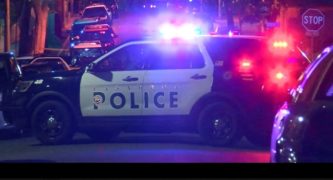

 0 comments
0 comments
